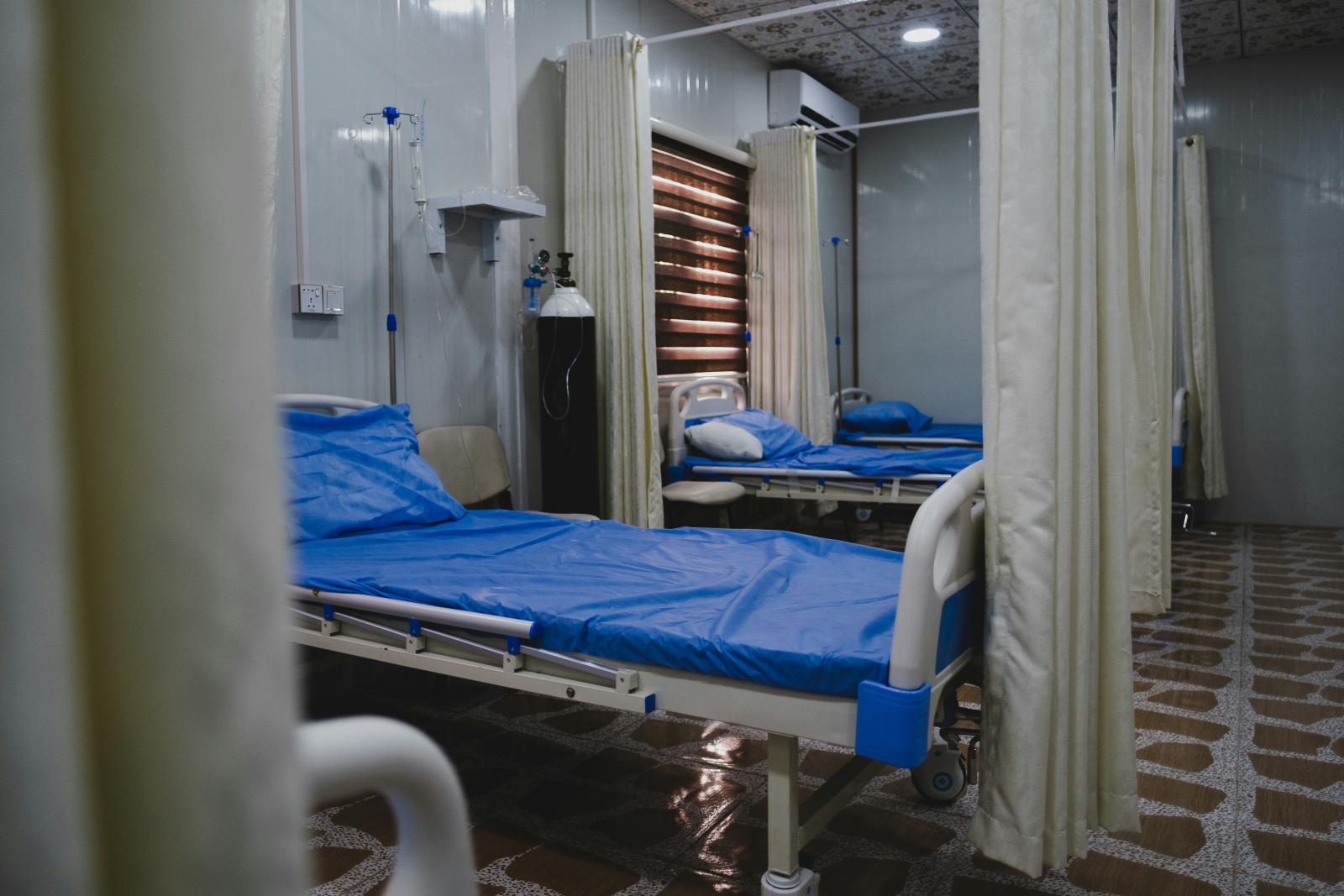Although the scientific performance of the Western Balkan countries (WBC) has improved in recent years, the lack of human resources, research funding and facilities, as well as a weak regulatory regime, are the main obstacles to an improvement of the situation. At the same time, in 2012 the Western Balkans have required 38 patents in the United States, compared to an average of 25 patents for universities and leading research institutes in the U.S.
The conference "Towards 2020: New Horizons for RTD and Innovation in the Western Balkan Region", which will take place on 27 and 28 March 2014 in Vienna, is the final step of a huge project named WBC – INCO.NET. This project is funded by the Seventh Framework Programme and supports international cooperation activities through bi-regional platforms, for instance providing a database of all the calls of proposals (400 calls in the database covering 2009-2014). Balkan countries involved are 10: Albania, Bosnia and Herzegovina, Bulgaria, Croatia, FYR of Macedonia, Montenegro, Serbia, Kosovo, Slovenia and Turkey. The final cost of the project was EUR 3,496,584, with EUR 3,048,470 of UE contribution.
The conference will host a brokerage event to promote the creation of networks and partnerships within Horizon 2020, focusing on calls in selected areas for energy technologies, information and communication safe. The conference will bring together about 200 policy makers of science, scientists and industry representatives in the region of the Western Balkans, South-East Europe (SEE), the Danube and other EU countries. It aims to provide scientists with a platform for networking and promotion of projects dedicated or innovative products in their selected fields.
“The project started six years ago and it will finish at the end of this month,” says Monique Bossi of APRE (Agency for the Promotion of European Research), one of the partner of the project. INCO.NET is coordinated by ZSI (Centre for Social Innovation) based in Wien, but it involves a considerable amount of partners from all European countries, like APRE for Italy. Actually, the European group is composed of government and research institutes, while the group of the Balkans consists mainly of government agencies.
At the moment, the project counts more than 1800 organisations and projects, 120 research infrastructures, more than 4000 different news published and almost 2000 events. Furthermore, it supports two Steering Platform meetings every year, 12 in total. “Now we are at the end of the project and our efforts seem to bear fruit,” Bossi says. “Cooperation is getting stronger and WBC are always eager to be involved in EU projects.” For instances, in 2011 Slovenian researchers were involved in 98 projects with a total value of 32,401 million euro, while Croatian scientists have been working on 57 projects worth EUR 18,5429 million and those in Serbia and Montenegro on 36 projects worth EUR 9,773 million.
“The main results we have achieved with our project are three,” Bossi explains. “First, we got a good integration of this region into the European activities through dialogue platforms among researchers, particularly in terms of calls for proposals. Furthermore, we have opened a newsletter that counts 10,577 subscribers and that promotes the excellence in terms of scientific research. Then, we have built a real database that allows an initial mapping of the areas of European research. Finally, a third objective, carried out by APRE, is related to the second and concerns infrastructures: we have created a first map of research infrastructures, important research facilities and research equipment in the west Balkan countries. Now we are well under way, and this is currently an open invitation to continue this activity in the future”.


